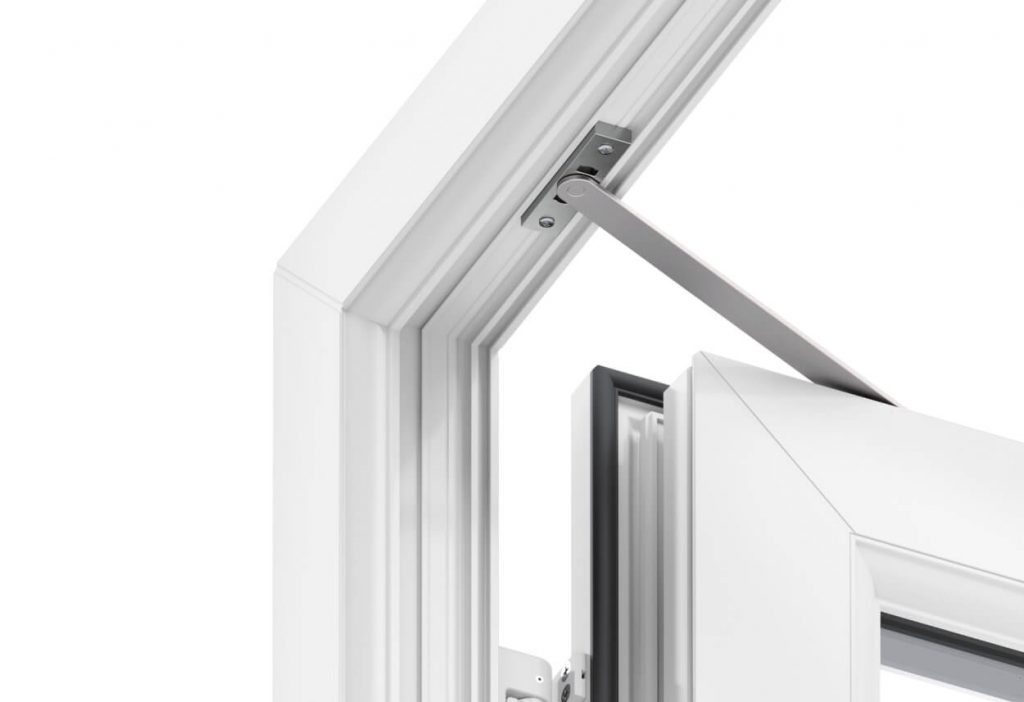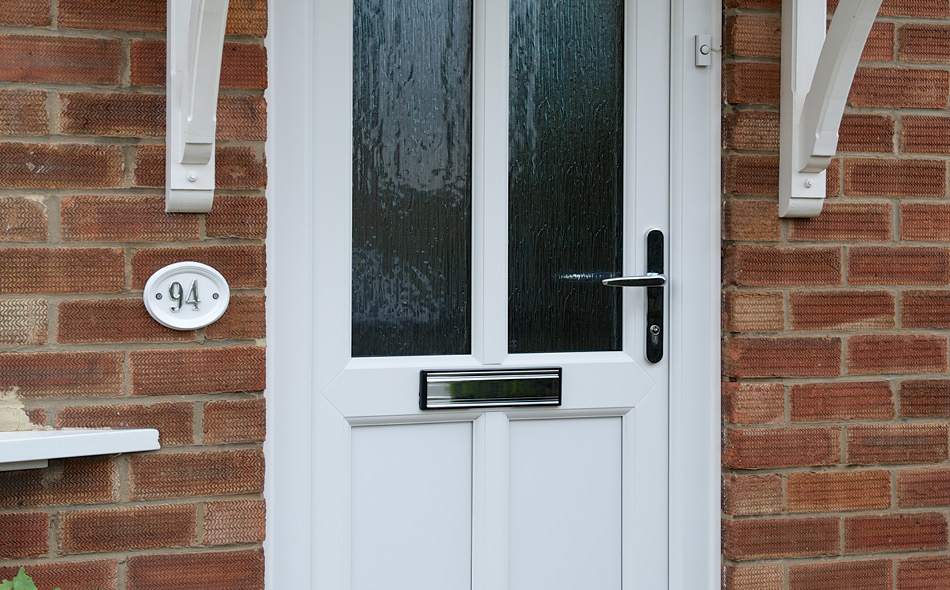How to stop door slamming
30 April 2021
Are you suffering from doors slamming unexpectedly? Or maybe someone in your home likes to slam doors? Fear not, here we’ll take a look at the different ways door slamming occurs, and how to prevent it.
Door slamming can be stopped through the use of felt pads or fixtures on the wall. For more commercial settings, slow-close mechanisms can be used to slow a door’s movement, preventing door slamming.
What causes doors to slam
There are many reasons as to why a door can slam.
The most obvious one is if someone slams it, which then causes the door to make a loud noise – unpleasant!
Other times, a door may slam by mistake whilst closing it. Even if you close a door softly, if there’s a strong air current, it may cause the door to slam shut. In some cases, this same air current can cause the door to slam completely on its own.
For example, if you have a window open, the air is moving from the lower pressure outside to the higher pressure inside. This change in pressure, and the subsequent force of the air moving, is enough to cause a door to slam shut.
Sometimes, however, the slamming can be caused by something technical. If the door is not perfectly vertical, it is possible for the door’s own weight to cause it to move on its own, and subsequently close itself harshly.
How to prevent the door from slamming shut
Once you have identified the cause of the door slamming, it becomes much easier to prevent the door from slamming shut. We’re going to show you some of the best ways to stop door slamming.
Check the hinges and adjust if necessary
As mentioned, sometimes if the door isn’t perfectly vertical, it could slam shut on its own. Improperly fitted door hinges can cause an imbalance on the door, which allows the weight of it to close itself.

It’s easy to check if the hinges are the problem. Just open the door to a 90-degree angle. Then set a level against the latch. If it isn’t perfectly level, then try tightening the screws in the hinges. This may be enough to level it out.
If tightening the screws doesn’t resolve the problem, then it may be time to replace the hinges.
Use felt pads
A low-cost way to stop a door slamming is to place a few felt pads along the edge of the doorframe. Whilst these won’t stop the door from closing itself, it will stop the loud noise that follows.
You can find self-adhesive felt pads, making it easy to attach them to the door frame, just be careful not to impact on the door’s ability to close fully.
Bear in mind that felt pads are most useful on lighter doors, such as uPVC doors. If you have a solid-core door, like a composite door, they’re less effective due to the weight and strength of the door. If you have a solid door, something a bit more durable and strong, such as weather stripping, may act as an ideal alternative. Weather stripping can be placed on a clean door frame.
An old-fashioned doorstop
Designed to keep doors open, doorstops are effective at, well, stopping doors from closing, too. Simply slide wedge a doorstop underneath the door and it won’t be able to close on its own. The main downside, however, to using a doorstop is that it is more cumbersome when you do want to close the door, and also means something is sticking out from under the door, which may become a trip hazard.
Pneumatic door closer
As previously mentioned, a soft-close mechanism can be fitted to your door which will mean that it cannot be forcibly closed at speed, and as a result, cannot slam either. Called a pneumatic door closer, it’s a device that attaches to the door frame and edge of the door, slowing down the closing process.
Pneumatic door closers are most commonly used in commercial settings. It would be unusual to find them in a home.
Hopefully one of these tricks has helped to solve your door slamming problem!

If you’re looking for a new door, that’s lightweight and secure, why not consider a uPVC door?